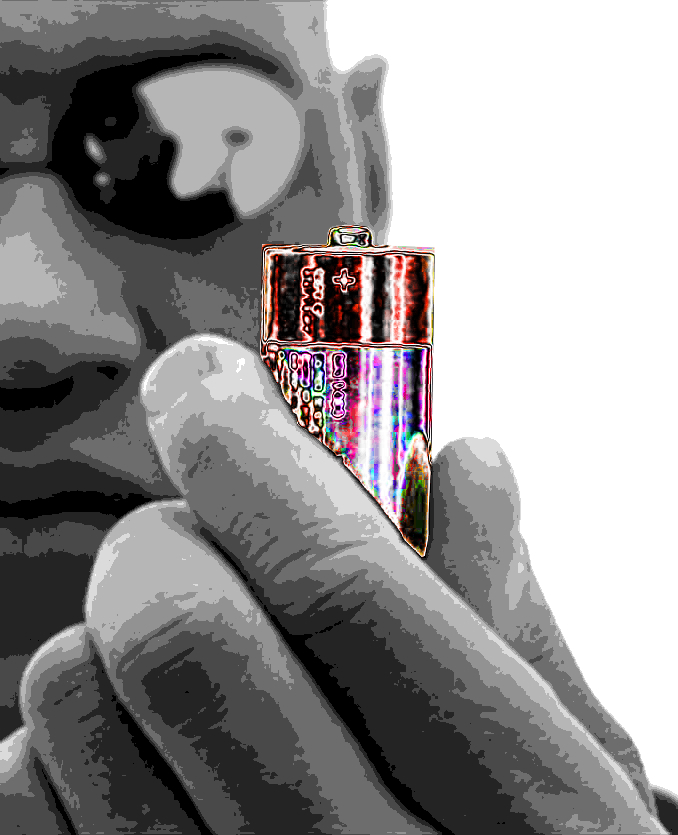Easy mix for great power fix
 Scientists at China's Nanyang Technology University (NTU) have developed ultra-fast charging batteries that can be recharged up to 70 per cent in only two minutes.Chinese scientists have developed batteries that can be recharged up to 70 per cent in only two minutes.
Scientists at China's Nanyang Technology University (NTU) have developed ultra-fast charging batteries that can be recharged up to 70 per cent in only two minutes.Chinese scientists have developed batteries that can be recharged up to 70 per cent in only two minutes.
The team at China's Nanyang Technology University (NTU) says its new generation batteries could have a lifespan of over 20 years, about 10 times that of today’s lithium-ion units.
The design see the traditional graphite anode (negative pole) in lithium-ion batteries replaced with a new gel material composed mainly of titanium dioxide.
Titanium dioxide is an abundant, cheap and safe material commonly used as a food additive or in sunscreen lotions to absorb UV rays.
The NTU team found a way to transform the normally spherical titanium dioxide goop into tiny nanotubes, each thousands of times thinner than a human hair.
Chemical reactions can take place much faster in this structure, allowing for super-fast charging.
Manufacturing the nanotube gel could hardly be easier.
Titanium dioxide and sodium hydroxide are simply mixed together and stirred at a specific temperature, so manufacturers may not struggle to fit the new gel into their existing production processes.
NTU’s Associate Professor Chen Xiaodong from the School of Materials Science and Engineering, says he is now applying for a grant to build a large-scale prototype.
Prof Chen says there could be an entirely new generation of fast-charging batteries on market in the next two years.
The technology also has the potential to bring a big boost to the world of electro-mobility.
“Electric cars will be able to increase their range dramatically, with just five minutes of charging, which is on par with the time needed to pump petrol for current cars,” Prof Chen said.
“Equally important, we can now drastically cut down the toxic waste generated by disposed batteries, since our batteries last ten times longer than the current generation of lithium-ion batteries.”
The 10,000-cycle life of the new battery could also save on the cost of battery replacements for electric vehicle operators, improving transport outcomes even further.







 Print
Print